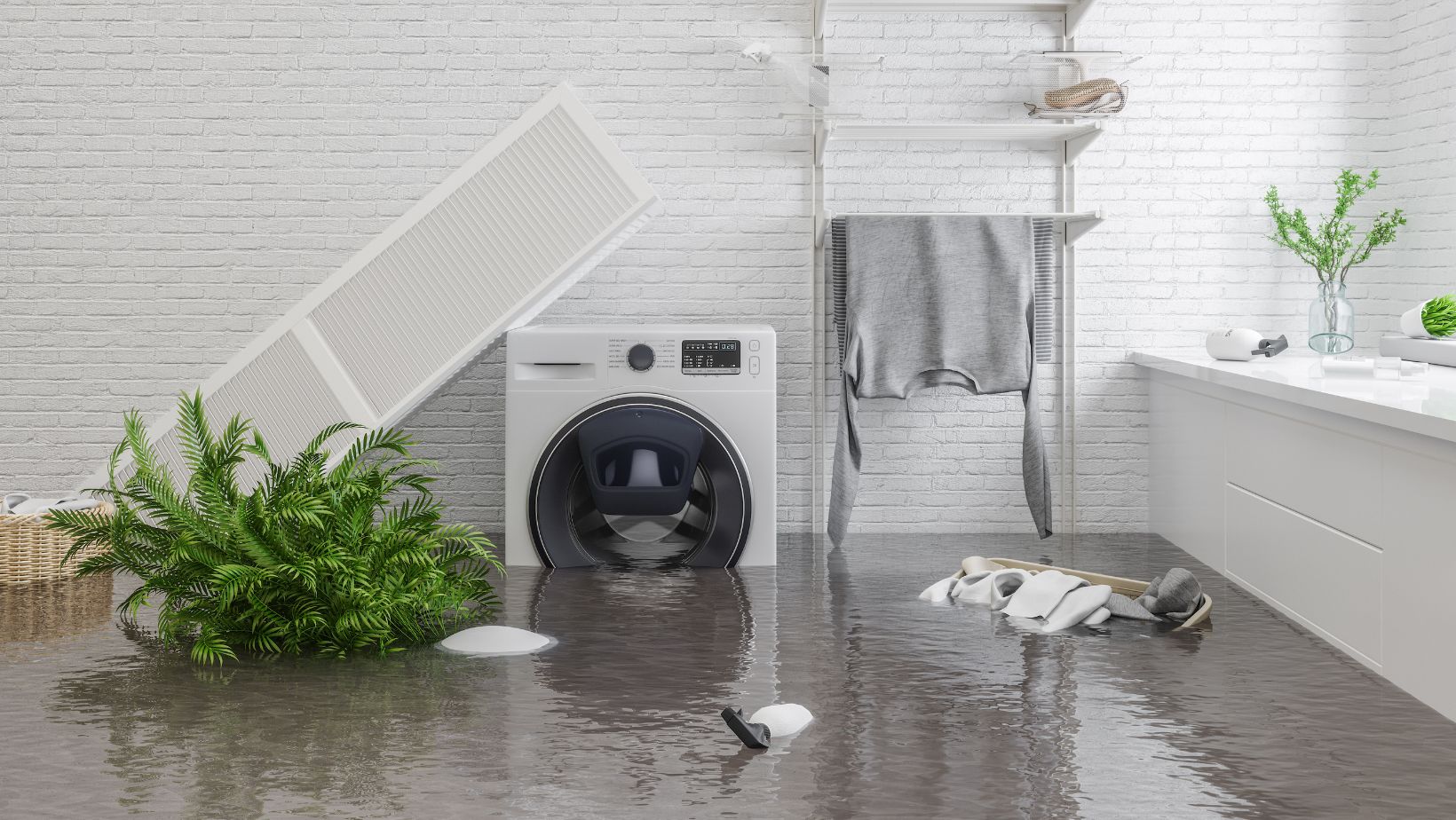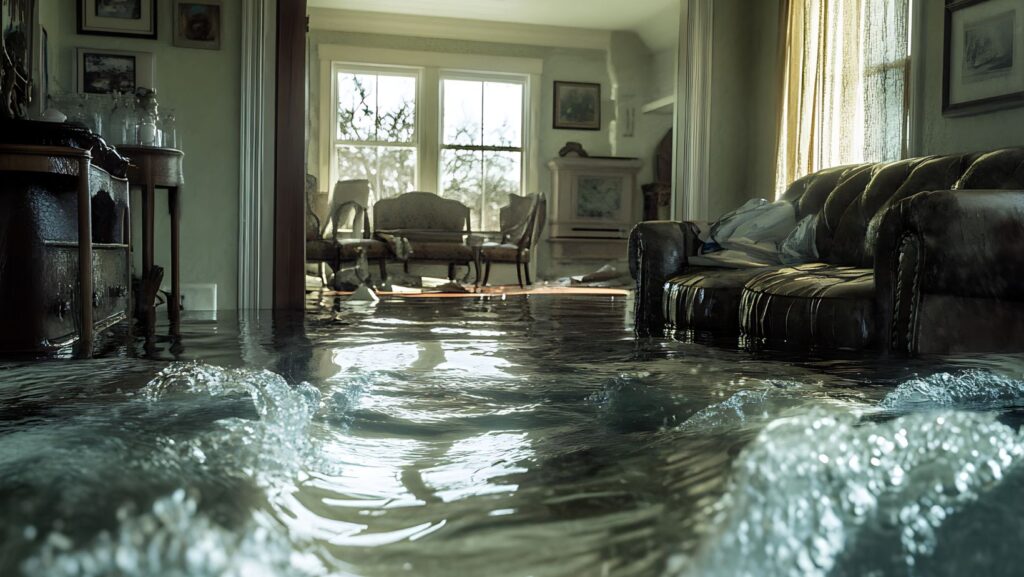Water damage in Toronto homes is more common than many homeowners realize. From leaky roofs to basement flooding, water can silently compromise your property, leading to costly repairs and potential health risks. Many Toronto residents only notice water damage when it’s too late, which is why understanding the warning signs and preventative measures is essential to keeping your home safe.
Common Causes of Water Damage in Toronto Homes
Toronto’s unique climate makes homes especially vulnerable to water damage. Heavy rainfall, snowmelt, and fluctuating temperatures can put stress on roofs, foundations, and plumbing systems. Aging or damaged roofs are a major contributor, allowing rain and melted snow to seep into attics and ceilings.
Burst or leaking pipes, often in older homes, are another common cause of water damage in Toronto. Even small leaks can create damp conditions that weaken walls, floors, and wooden structures over time. Poor drainage around the home can also lead to basement flooding, particularly after heavy storms or the spring thaw.
Early Signs Your Home Might Be at Risk
Identifying water damage in Toronto early is key to preventing serious issues. One of the first signs is visible water stains on walls or ceilings, often appearing as yellowish or brown marks. Musty odors are another warning, indicating potential mold growth from hidden moisture.

Other signs include peeling paint, warped flooring, or sagging ceilings. Homeowners may also notice slow drains, damp carpets, or persistent moisture in basements. Recognizing these early can save thousands in repairs and prevent more serious structural problems.
How Water Damage Impacts Your Home and Health
Water damage in Toronto doesn’t just affect your home’s structure—it can also impact your health. Moist environments are ideal for mold growth, which can trigger respiratory issues, allergies, and other health problems. Structural damage, such as weakened floors or foundations, may compromise the safety of your home.
Water damage also threatens personal belongings. Electronics, furniture, and sentimental items can be ruined by even minor flooding. Ignoring water damage may also affect insurance claims, as insurers often deny coverage for damage that could have been prevented with timely intervention.
Preventative Measures to Protect Your Toronto Home
Fortunately, there are steps you can take to minimize the risk of water damage in Toronto. Regular roof inspections and maintenance can prevent leaks from worsening. Check and replace old plumbing to reduce the likelihood of pipe bursts. Proper grading and drainage around your home are also crucial to directing water away from foundations.
Installing sump pumps or water detection devices can provide an early warning system, especially in basements. Seasonal maintenance is essential; ensure gutters are clean in the fall, and inspect roofs for damage before winter to prevent ice dams. Even small preventative measures can significantly reduce the risk of costly water damage in Toronto.
When to Call Professionals
Some signs of water damage require immediate professional attention. If you notice extensive mold growth, flooding, or persistent leaks, calling certified water damage specialists in Toronto is essential. Professionals have the equipment and expertise to identify hidden moisture, repair structural damage, and prevent mold from spreading.
Acting quickly can prevent minor issues from turning into major problems. The sooner water damage is addressed, the lower the repair costs and the safer your home remains for your family.
Take Action Today to Protect Your Home
Water damage in Toronto is a serious concern that affects both property and health. By understanding common causes, recognizing early warning signs, and taking preventative steps, homeowners can safeguard their homes and avoid costly repairs. Don’t wait for visible signs of damage to appear—regular inspections, maintenance, and timely professional assistance are key to protecting your property.
Ensure your Toronto home remains safe by scheduling water damage assessments and addressing minor issues before they escalate. Proactive care is the best way to protect your investment, prevent mold growth, and maintain a healthy living environment.
